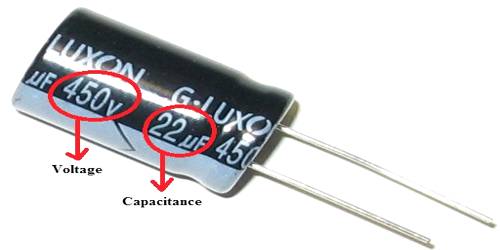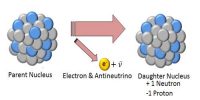‘Capacitor’ means ‘who can hold’. Normally the body which can hold charges is called capacitor. This is the main reason for its nomenclature. But the ability of a conductor to hold charges is not infinite. In some conductors, if charges more than a limit is given then it starts losing the charges gradually. By some means, if the potential of the conductor is decreased then it acquires the ability to hold some more charges.
For this reason in static electricity capacitor means the artificial mechanism to increase the capacitance of a body. Normally, by filling the space between are the insulated conductor and an earthed or grounded conductor with a dielectric medium the capacitance of the insulated conductor is increased. Such a combined mechanical system is called a capacitor or condenser.

Definition: The mechanical process of storing charges in a conductor is called capacitor or, the mechanical process by which electricity is stored is called capacitor. A capacitor is formed by two conductors separated by a small distance. In its simplest form, a capacitor consists of two conducting plates separated by an insulating material called the dielectric. By inserting a dielectric medium between the two conductors, the capacitance can be increased.













